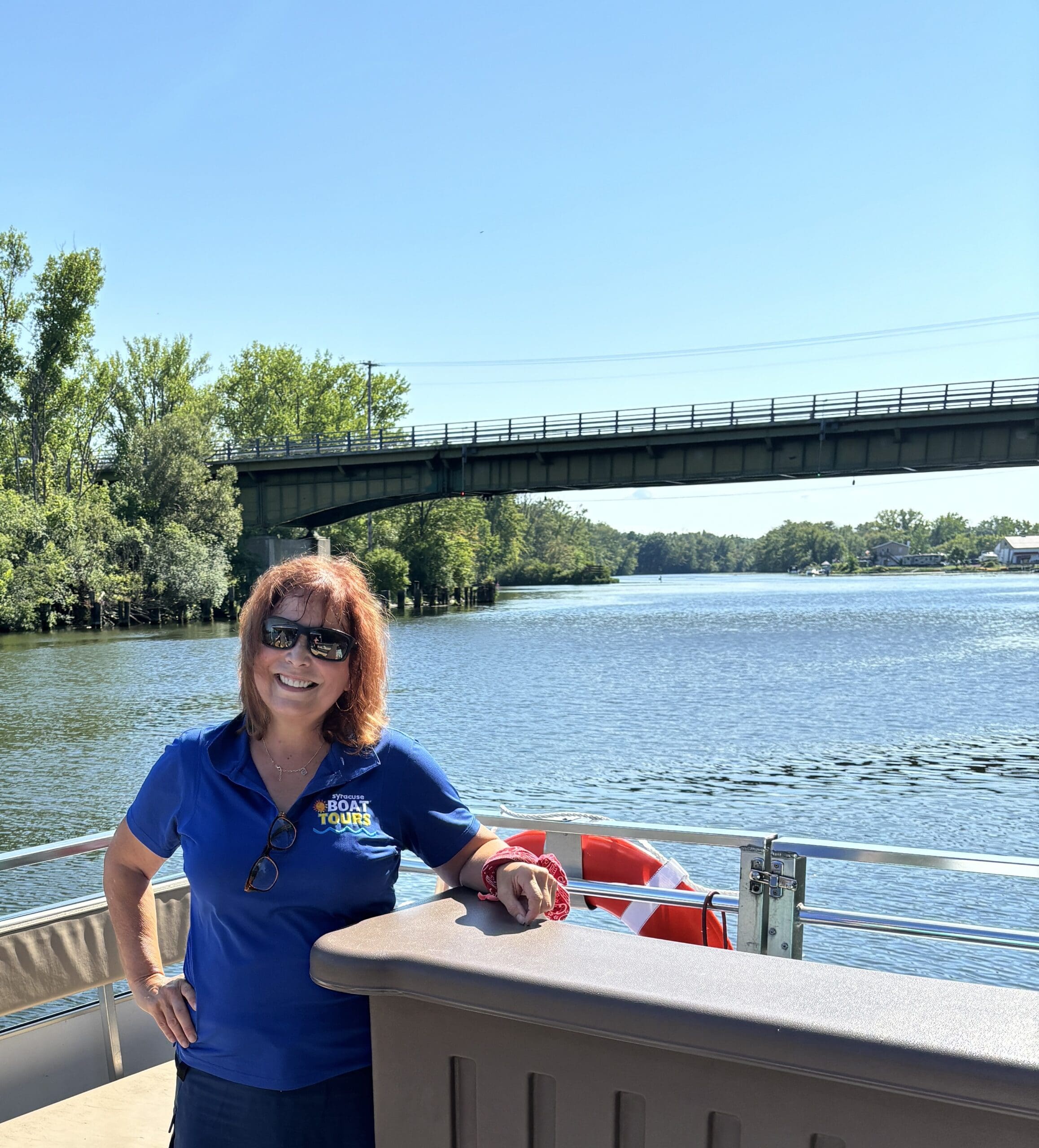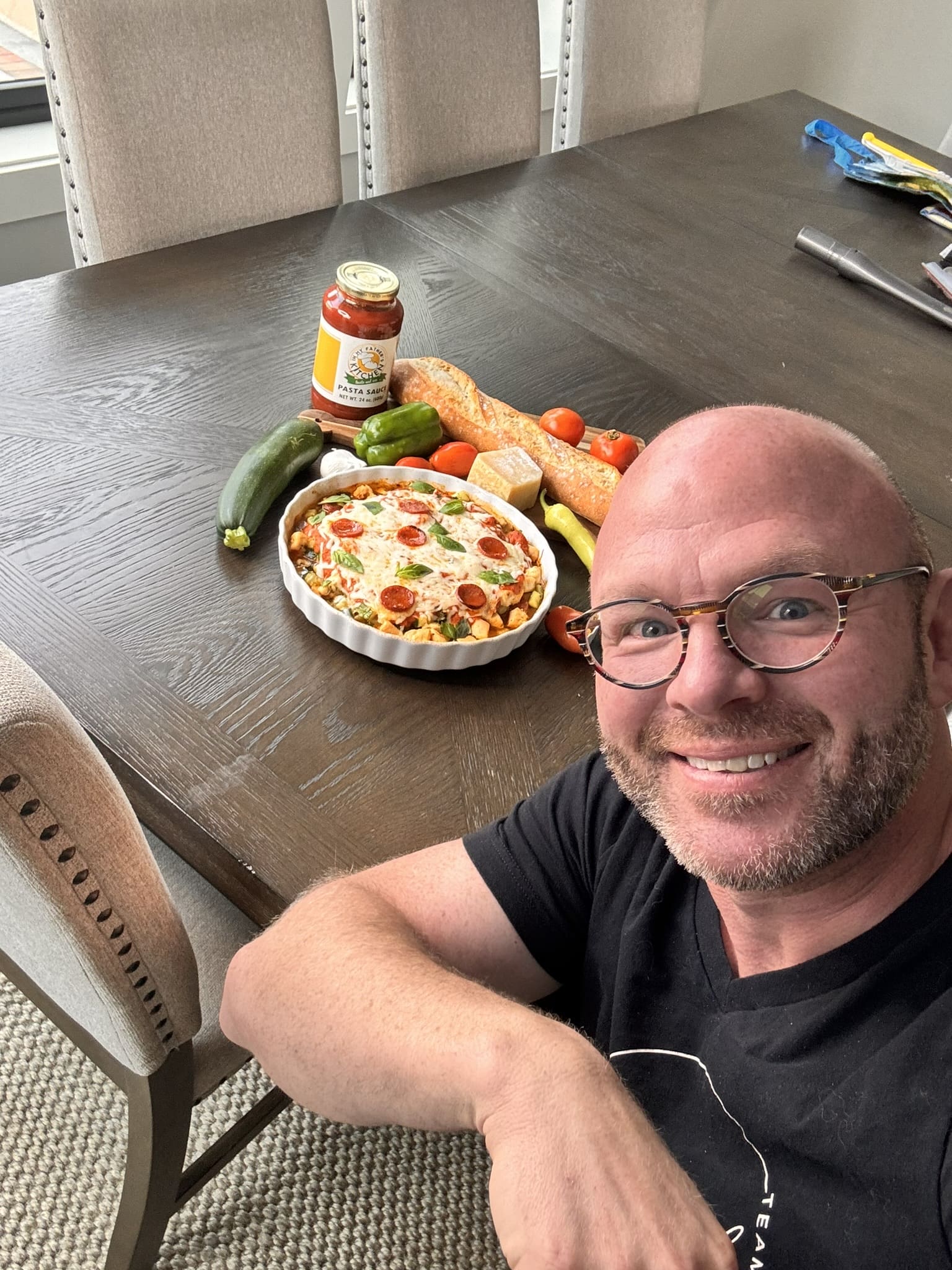Caring for the Caregiver
By Brenda McCutcheon | Photography by Mary Grace Johnson
Whether choosing caregiving as a profession, planning to be a caregiver for a family member or becoming a family caregiver unexpectedly, women in caregiver roles often find themselves suffering from denial, anger, social withdrawal, anxiety, depression, exhaustion, guilt and other health problems.
November is National Family Caregivers Month. It’s important for family caregivers to be able to handle the challenges they face, as well as recognize when — and how — to utilize professional support.
Becoming a caregiver doesn’t always mean caring for an older family member. While we often see adult children caring for older parents, we also see older parents caring for adult children with physical or mental disabilities, or even adults caring for their siblings.
More than 40 million Americans provide unpaid care to an adult older than the age of 50 or an adult with a disability or illness.
Being a family caregiver, in addition to the expectations that come with being a woman, can create an unhealthy and unsustainable situation if not properly managed.
Many women feel they need to do it all: work all day, care for a young family at home in addition to caring for a family member with increased medical needs, maintain a social life, etc. It’s important that caregivers find balance in their lives with this new role, ensuring they get proper nutrition, exercise and sleep, as well as support from friends, family and religion or other spirituality.
And be careful what you promise – for example, you will “never put a loved one in a nursing home” and you will “take care of everything.” It may not be a promise you can, or should, keep.
One of the best ways women (and men) can deal with physical and emotional stress that comes from being a caregiver is knowing what to expect. Sometimes the hardest part is knowing the person you love will change, and then experiencing it. Know there will be a learning curve as family caregivers sort out their new roles. It takes time to understand you’re not expected to have all the answers; it’s not only OK, but appropriate, to be asking questions. You’re expected to experience many different emotions.
Caregiving taught me I’m not Superwoman, though I’ve tried to be. I’ve learned about a new level of fatigue – one that’s not about being tired, but is often referenced as “compassion” fatigue. Sometimes we hit a wall; the well may be dry; there’s nothing left to give.
Then comes the question: Why do we care so much for others, yet fail to care for ourselves in the process?
Family caregivers make sacrifices in their own lives. Some are short-term as they adjust to their new roles. Some have a more lasting effect. Because of the physical and emotional toll family caregiving can take on a person, it’s critical to plan with your loved ones ahead of time and explore the resources available. Remember, it’s hard to care for someone else when you’re exhausted.
There are a wide array of resources locally available for those who are caregivers and those in need of care.
For those ready for full-time residence in long-term care, local organizations, including Loretto, can provide support, assistance and relief to all family members when adjusting to the effects of social, emotional and physical losses of loved ones.
For individuals who don’t need full-time residence in long-term care, PACE CNY programs are available, which provide home-care services, health services and activities in day centers, transportation services and care in hospitals or long-term facilities.
It’s important for family caregivers to understand it’s OK to seek professional support. There are also several other local community support groups for caregivers – many of them focused on specific patient needs, conditions or ages – as well as national resources from organizations like AARP and the Alzheimer’s Association.
Most importantly, support – whether professional or simply from a friend – reminds family caregivers there is hope and they can do this. It’s never too late to help any family member who needs care. SWM
Brenda McCutcheon is vice president of mission, therapeutic recreation and spiritual care at Loretto. For more information, visit lorettocny.org.





